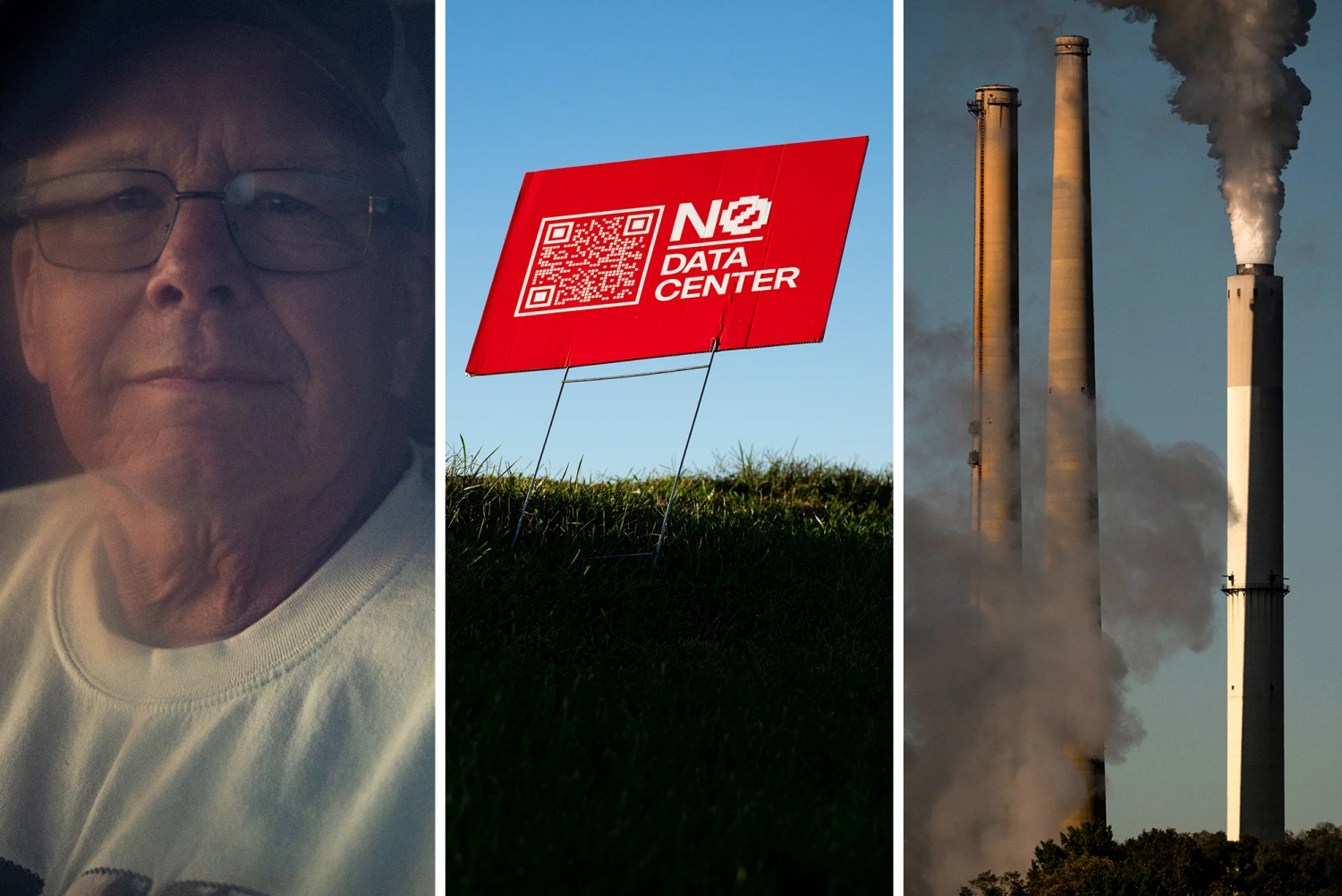Copyright timesnownews

Most millennials would have noticed being diagnosed with diseases that are normally associated with later adulthood, which include hypertension, type 2 diabetes, or perhaps deadly cancer. Millennials are those born between 1981 and 1995 – the first generation that is at the greatest risk of developing tumours than their parents. According to studies, between 1990 and 2019, cases of early-onset cancer among those under 50 years increased by 79 per cent across the world, which included mortality rates by nearly 30 per cent. However, doctors say around 80 per cent of cancers are “sporadic”, which means they are not caused by hereditary mutations but many other factors – like lifestyle and environment that damage DNA over time. And so, experts say your lifestyle factors and not just genetics that you inherit, are the main reasons why most millennials are battling cancer. Diet factors Studies say diet is among the foremost reasons and factors behind this rise in cancer cases. According to the World Health Organisation, childhood obesity began to skyrocket in the 1980s, and three decades later, nearly 400 million children and adolescents aged 5 to 19 were overweight – 160 million of these were obese. Obesity leads to chronic inflammation, which is one of the major factors for developing cancer. Most millennials, who have grown up eating junk and processed foods, have also had altered gut microbiota, another reason for the rise in cancer cases. Rise in alcohol consumption Apart from what you eat, what you drink also matters. Alcohol has been a major part of millennial gatherings and parties. According to the WHO and International Agency for Research on Cancer, alcohol is a Group 1 carcinogen, and there is no safe level of alcohol consumption. It happens because your body converts ethanol into acetaldehyde, a compound that damages your DNA. Rising cases of insomnia Many surveys have shown that millennials and Gen Z get an average of more than 40 minutes of sleep less every night than baby boomers, mostly attributed to nighttime exposure to screens and social media. This artificial light disrupts the release of melatonin, an antioxidant hormone that regulates the cell cycle. Doctors say sleeplessness causes insomnia, which not only impairs DNA repair but also reduces the protective effects of melatonin against cancer. Reduced melatonin leads to quick oxidative DNA damage and increased cell proliferation – all of which are responsible for rising cancer cases. Heightened stress Experts say stress levels are highest among millennials, with cortisol leading to insulin resistance and hypertension, along with weakening of the immune system. According to studies, chronic stress leads to an inflammation spike, which then hinders your body's defences from eliminating abnormal cells, and doctors believe that it can even "awaken" dormant tumour cells. Research says those with higher stress levels are twice as likely to die from cancer as those who manage stress better. Self-medication Doctors say frequent use of paracetamol is linked to increased damage to the liver, along with a possible increase in liver cancer. Also, a spike in people taking unregulated herbal medication, without a proper check on dosage and ingredients, can lead to widespread inflammation across your body. According to experts, prolonged use of antacids and antibiotics can also cause digestive cancer through indirect mechanisms like carcinogenic compounds or intestinal dysbiosis.



